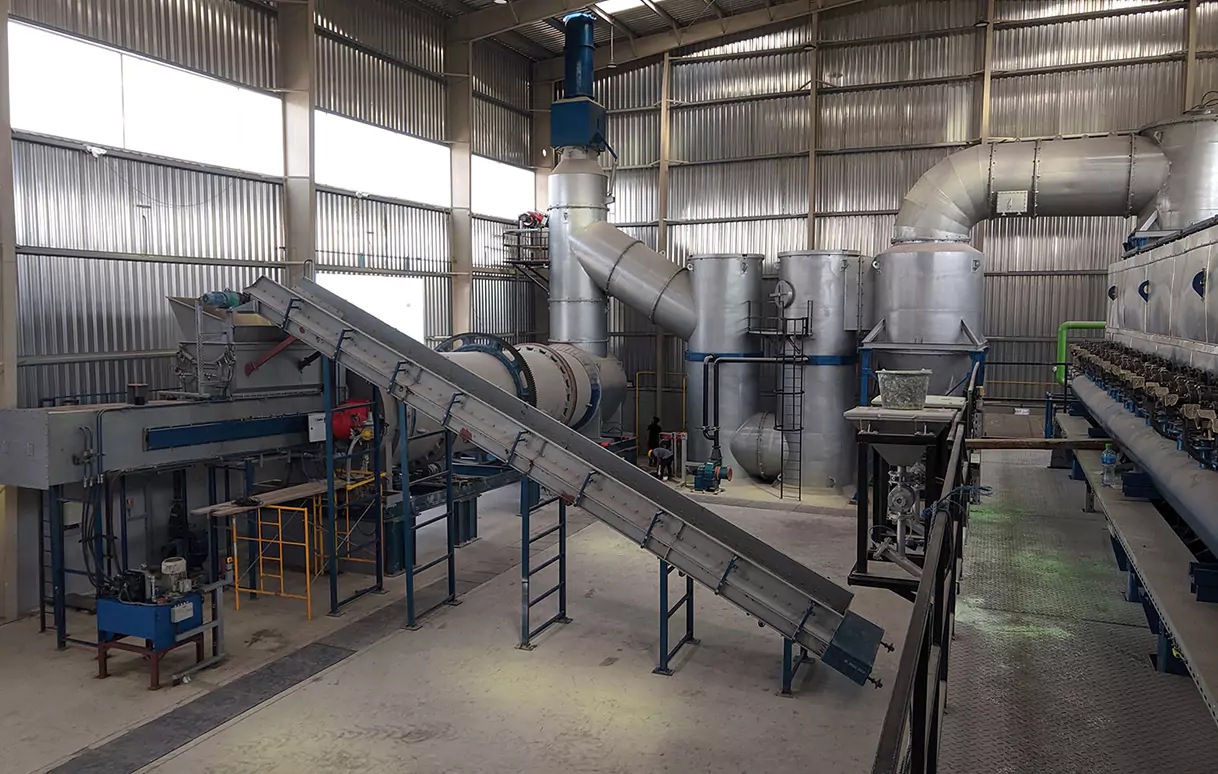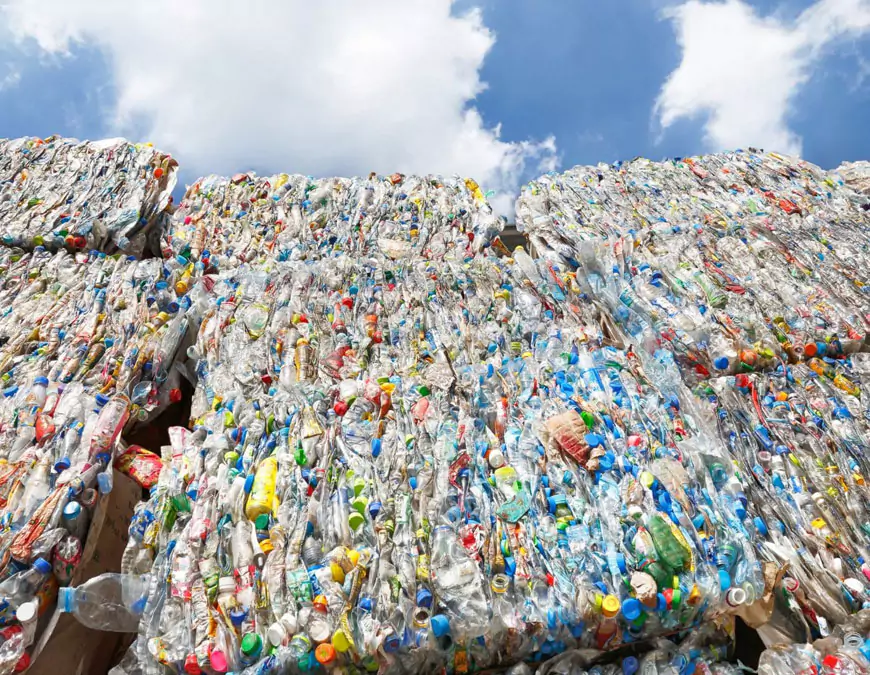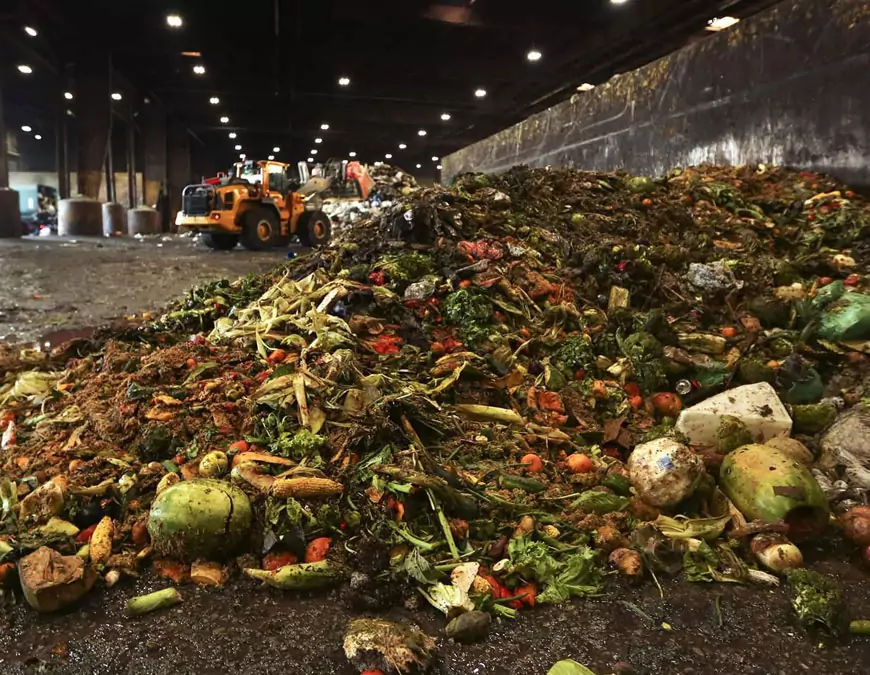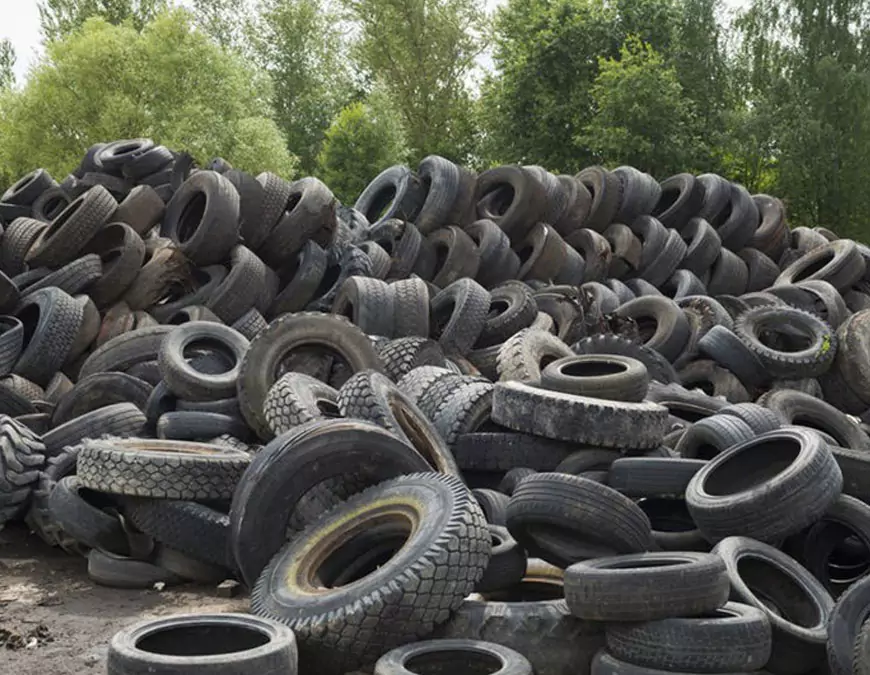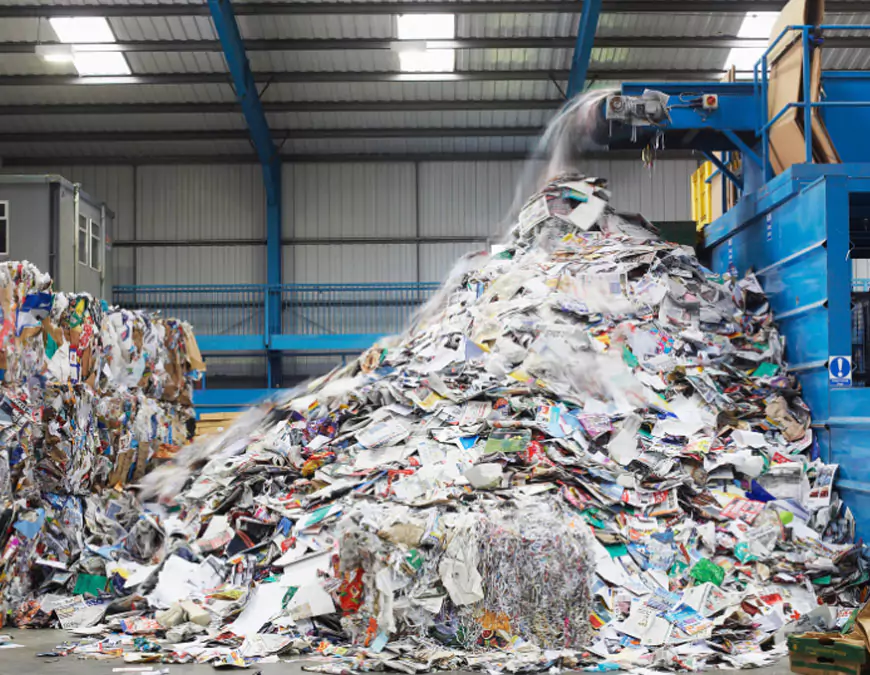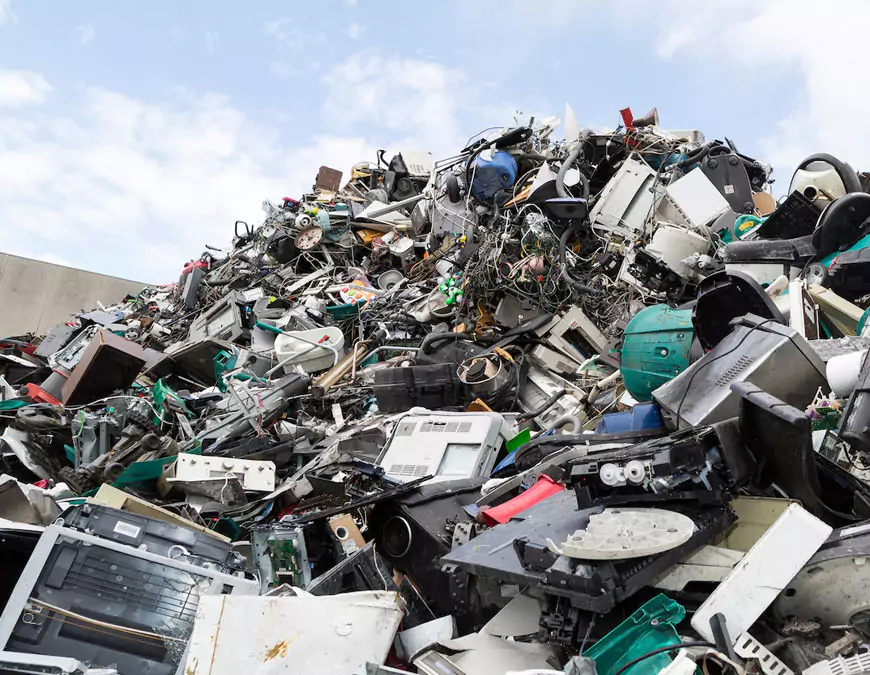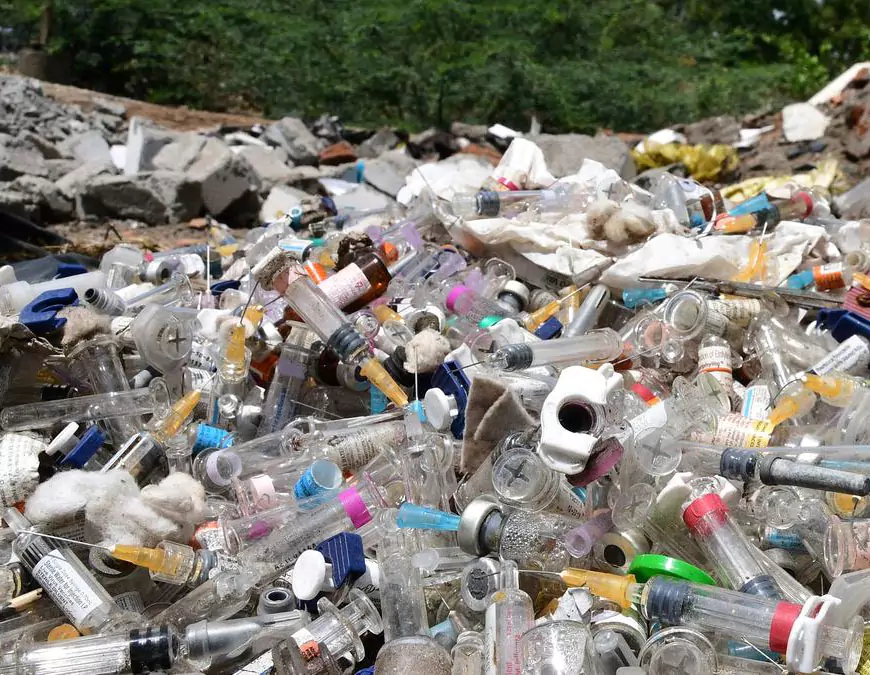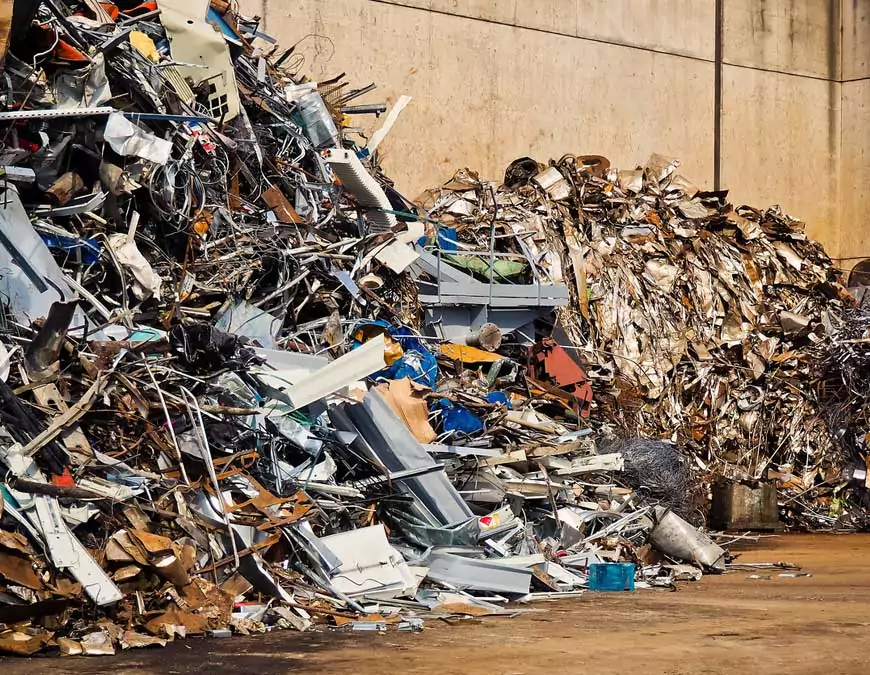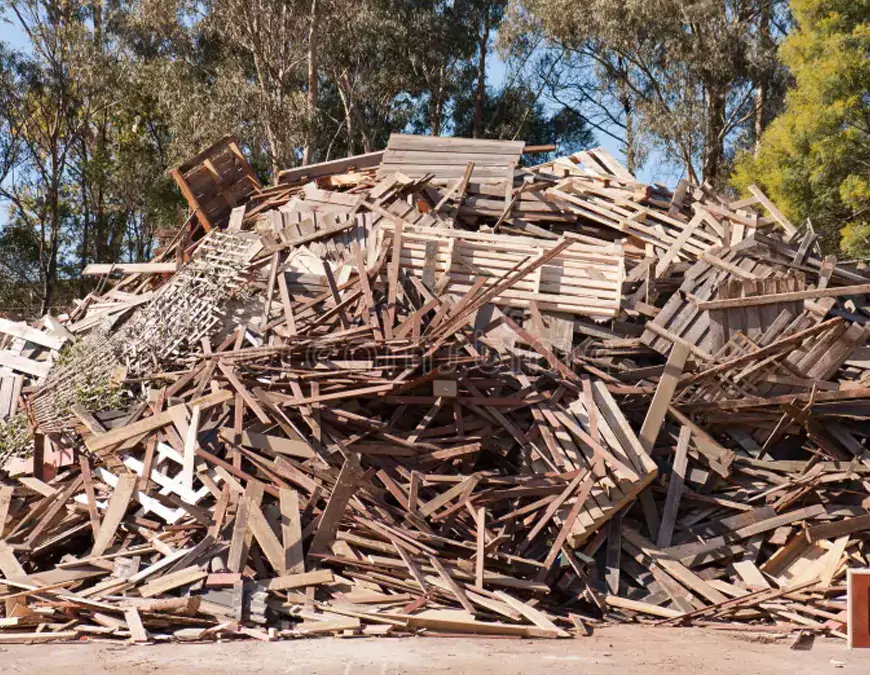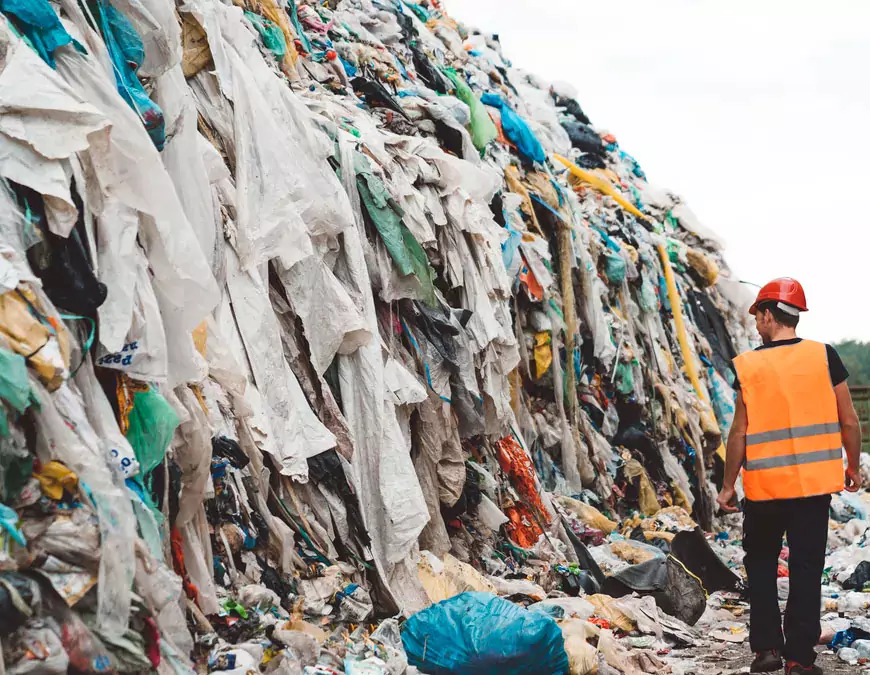Types of Sludge Waste
- Municipal Sludge: Generated during the treatment of domestic sewage.
- Industrial Sludge: Produced from manufacturing, chemical, textile, and other industrial processes.
- Activated Sludge: Comes from biological wastewater treatment processes.
- Dewatered Sludge: Sludge that has undergone mechanical or chemical processes to reduce moisture content.
- Hazardous Sludge: Contains toxic or dangerous substances that require special treatment.
Importance of Sludge Waste Management
- Environmental Protection: Prevents soil and water contamination from untreated or improperly disposed of sludge.
- Public Health Safety: Reduces exposure to pathogens, toxic chemicals, and harmful gases present in untreated sludge.
- Resource Recovery: Enables recovery of energy and nutrients (like phosphorus and nitrogen) through treatment technologies.
- Regulatory Compliance: Helps industries meet local and international environmental standards.
Key Components of Sludge Waste Management
Sludge Thickening
his process increases the solids concentration by removing some of the water content, making the sludge easier to handle and process.
Our Solutions to Manage Sludge Waste
At Alfa Therm Limited, we offer a range of specialized solutions for hazardous waste management, including:
Benefits of Effective Sludge Waste Management
- Environmental Compliance: Helps meet government and international waste disposal regulations.
- Volume Reduction: Efficient dewatering and drying significantly reduce the sludge volume for lower transport and disposal costs.
- Energy Recovery: Some sludge types can be processed for biogas production or as an RDF component in waste-to-energy applications.
- Pathogen Removal: Thermal and chemical treatment processes eliminate harmful microorganisms, ensuring safer disposal.
- Cost Efficiency: Reduces operational costs associated with waste handling, treatment, and transportation.

Other Industries We Serve
Struggling with Waste Management challenges?


